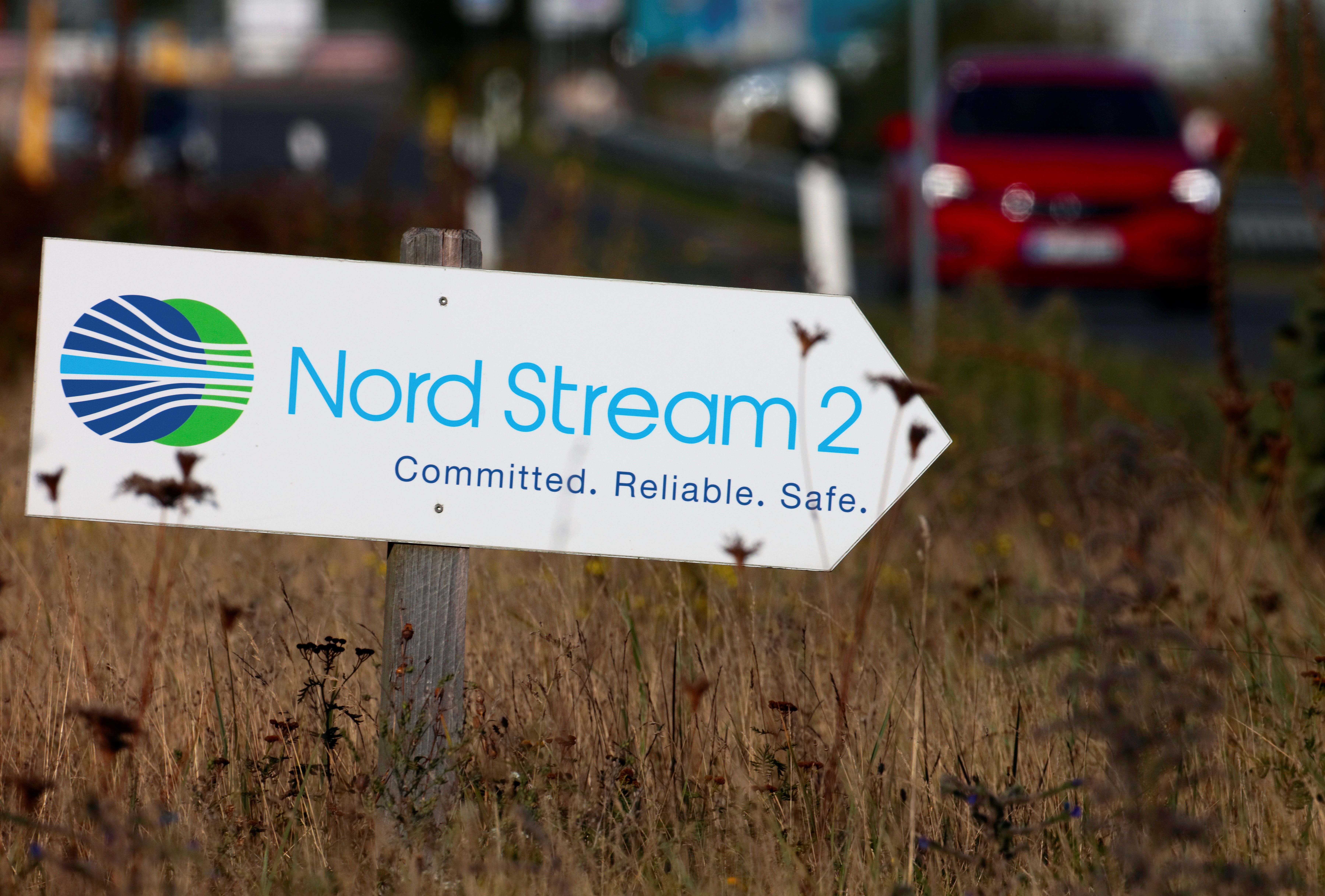Fearing U.S. Sanctions, Norwegian Firm Limits Involvement in Nord Stream 2

What is DNV GL and what is its role in NS2?
DNV GL is an internationally renowned company that provides services such as technical certification or supervision, including for energy projects. DNV GL provided such services for Nord Stream 1 (completed in 2012) and will be responsible for supervision services for some of the offshore works on Polish-Danish Baltic Pipe.
DNV GL was chosen by NS2AG, the company responsible for the investment, as the partner providing, for example, certification and supervision of pipelaying-related works (the part from which it just withdrew). After completing NS2, DNV GL is to be responsible for the technical certification of the pipeline—confirmation that it is ready for launch.
Why did DNV GL withdraw from the works?
The company’s decision was taken for fear of falling afoul of U.S. law and incurring sanctions. According to the American PEESA legislation from December 2019, the sanctions target the owners of vessels involved in pipelaying at a depth of 30m or deeper as well as entities facilitating such works. According to the guidelines of the Department of State published in 20 October 2020, the sanctions will be imposed on entities that provide goods or services “necessary or essential” for the provision or operation of vessels that are engaged in pipelaying, which would include DNV GL. It also noted that entities that wind down such activities within 30 days from the publication of the guidelines would not be targeted.
Due to the fears of U.S. sanctions, Swiss company Allseas, operating specialised pipelaying vessels, withdrew from the project in December 2019. Gazprom (the sole owner of NS2AG) is trying to complete the works with its vessel, the Akademik Cherskiy.
What are the prospects for the completion of NS2?
The Akademik Cherskiy has been undergoing tests and upgrades so it can continue the pipelaying in Danish waters. It remains an open question whether NS2AG will find an alternative for DNV GL, although it is necessary because the construction permit issued by Denmark requires certification. Furthermore, amendments to the PEESA legislation to be passed before the end of the year would expand the list of activities related to NS2 construction that would fall under the sanctions; these include any entities responsible for technical certification of the pipeline. In that case, DNV GL will most likely withdraw from technical certification of NS2 even if the pipeline is physically completed (this year, the Russian side suggested completion in Q1 2021). With the current difficulties in finding replacements, successful construction of NS2 in 2021 would not necessarily mean a quick launch.
What can Gazprom do next?
Replacing DNV GL with another firm that guarantees the highest standards and at the same time is willing to risk U.S. sanctions might be difficult. DNV GL’s withdrawal from the project will also deter other entities. NS2AG might, however, try to involve an EU partner, hoping that the European Commission and the EU Member States will try to protect it from the American sanctions. That would again fire up the inter-EU debate on countering such U.S. measures, but it might not be enough to encourage potential partners to take on a project like NS2. Poland can emphasise that such cooperation may mean not only reputational but also financial risks.


